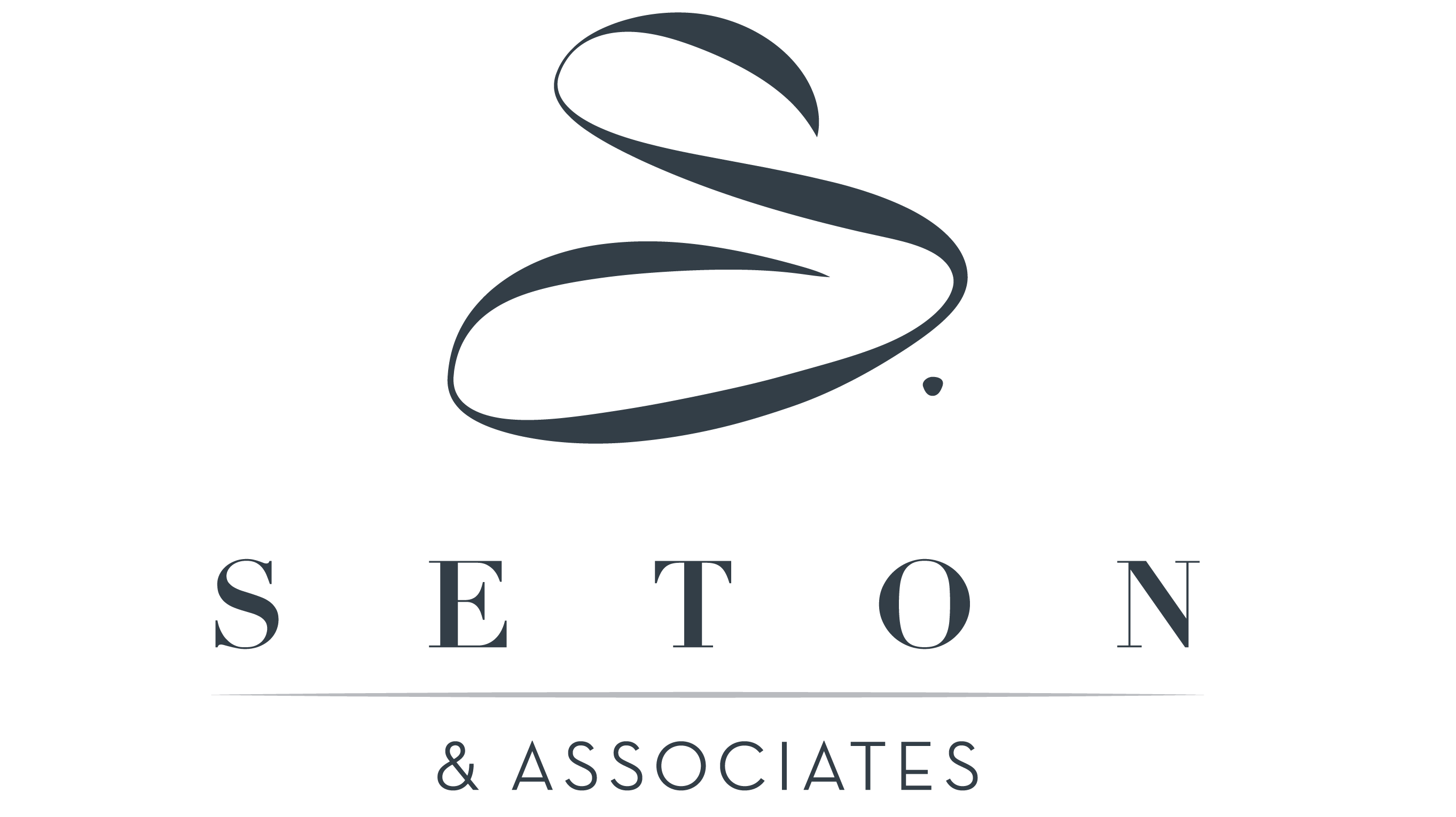Charities who raise funds online may be wondering what legal obligations they have, amongst all the other concerns that they have in terms of raising funds. Why this might make matters more challenging; understanding the legal do’s and dont’s might make a life a little easier. In 1999, a delegation of all state charity officials convened in South Carolina to discuss principles related to internet fundraising. The National Association of State Charity Officials (NASCO) came up with some suggested guidelines known as the Charleston Principle (the “Guidelines”).
The Guidelines are simply such guide posts for states to adopt in connect with the rules and regulations of charities. Each state may adopt its own rules and regulations.
Here some of this is discussed.
Use of Internet Sites to Raise Funds
First, if you have a website, whether directly or through another platform, and you allow the “interactive” nature of the website such that one may be able to donate online funds or engage in a transaction of purchasing a product or service which will benefit a charitable purpose, then, under the Guidelines:
a. The charity must register in each state in which the activity is,
1. Substantial or repeated or on ongoing basis [These terms are not strictly defined, but, if more than 100 transactions and the result is $25,000 or greater in proceeds, then, it meets this test]
2. The website specifically targets individuals in that state.
Use of email aka electronic email
The use of charity email to solicit funds is a practice sometimes used to great success. In this case, the use of email under the Guidelines should be treated in exactly the same way in which regular mail or fax is treated by each state. If the state requires registration for such activities, then, the charity should do the same for email activity.
Cause Marketing Via The Internet
For those individuals and organizations who have certain companies that sell products or services online and donate a portion of the proceeds to your charity, you are also required to register in those states requiring registration provided that the activity is a) substantial and b.) repeated and ongoing.
Exclusions
If you are utilizing a web platform that does not help market your website in anyway except from a technical or administrative standpoint, this would not be considered to be “professional fundraising”.


